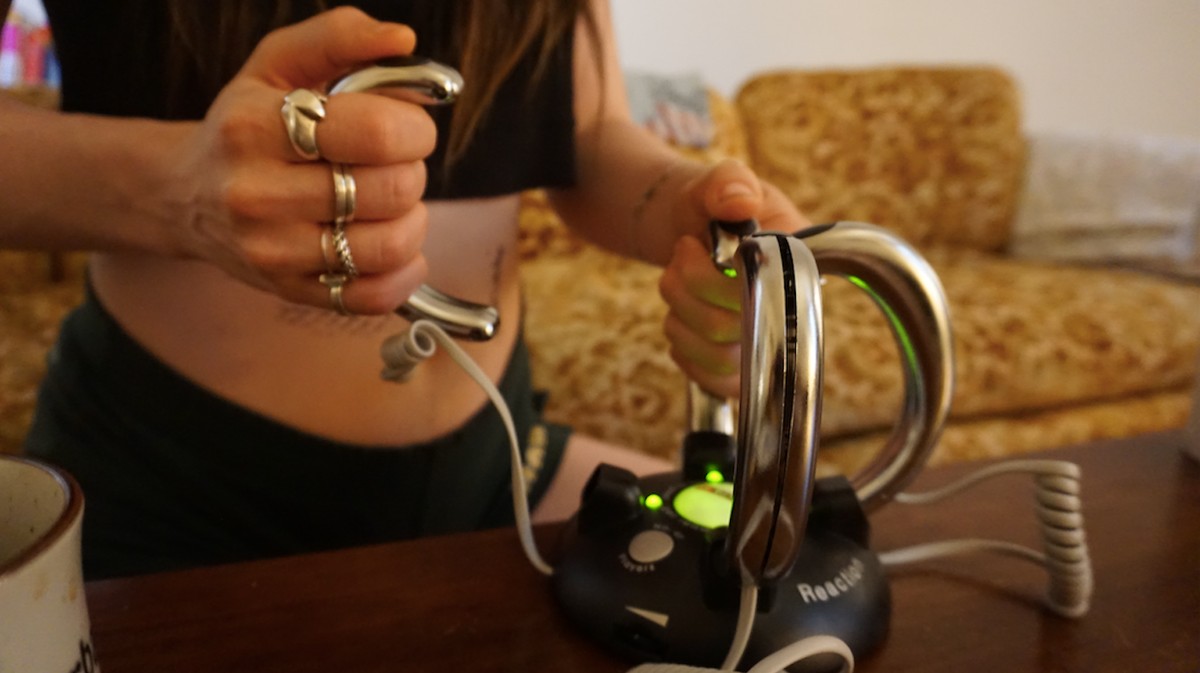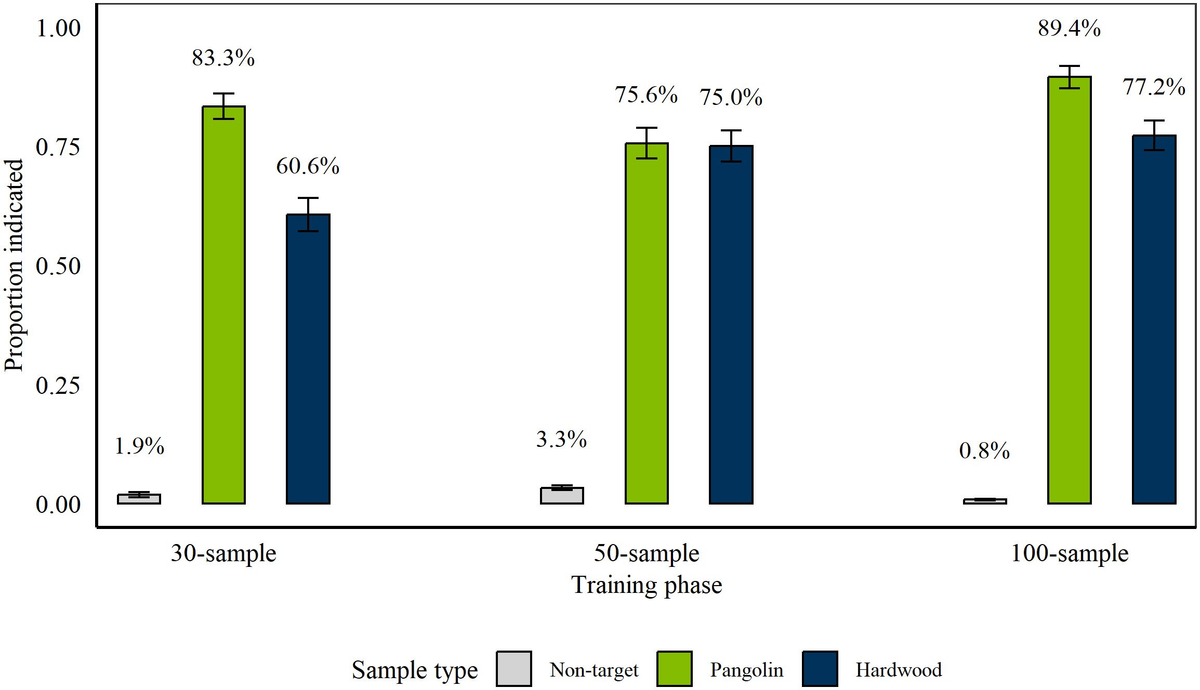
Is self-deception really so bad?
We all tell ourselves the odd lie. There are little white ones, to avoid feeling guilty, and then there are cases of major denial, when self-deception becomes part of our personal or professional life. But when does it become a problem? When it starts to threaten our value systems, says Athénaïs Gagey, in an attempt to provide an (honest) answer.
“Even if I’d been accepted, I wouldn’t have taken the job.” “I’m smoking as much as I like, since I’ll be quitting next month.” “Jealous, me? Far from it!” “I think I’ll clock off now – I’ll start work earlier tomorrow instead…” Is there anything more irritating than people lying to themselves? Self-deception aficionados are recognisable by their elaborate excuses and enthusiasm; as well as their lack of nuance: they seem to only think in exclamation marks and emphatic adverbs – “never!”, “on the contrary!”, “of course not!” Sure of themselves and confident in the future, their opinions are clear-cut and their tone of voice firm.
The more we confront them with the truth, the more they avoid it, because their lies are protected by an impregnable system of defence. To underline their contradictions – “you’ve been saying you’d quit smoking for three years now!” – is to give them a chance to outline their fallacious arguments again – “I wasn’t strong enough before, but now I am!” – and in doing so, fall back into their false certainties. But how can someone really believe their own lies? How can they be both the liar and the one being lied to? This is what makes self-deception, as psychologists call it, particularly elusive…



/cloudfront-us-east-2.images.arcpublishing.com/reuters/FCRTJPEXSJKP7P4ZP3SKI3FYE4.jpg)



















